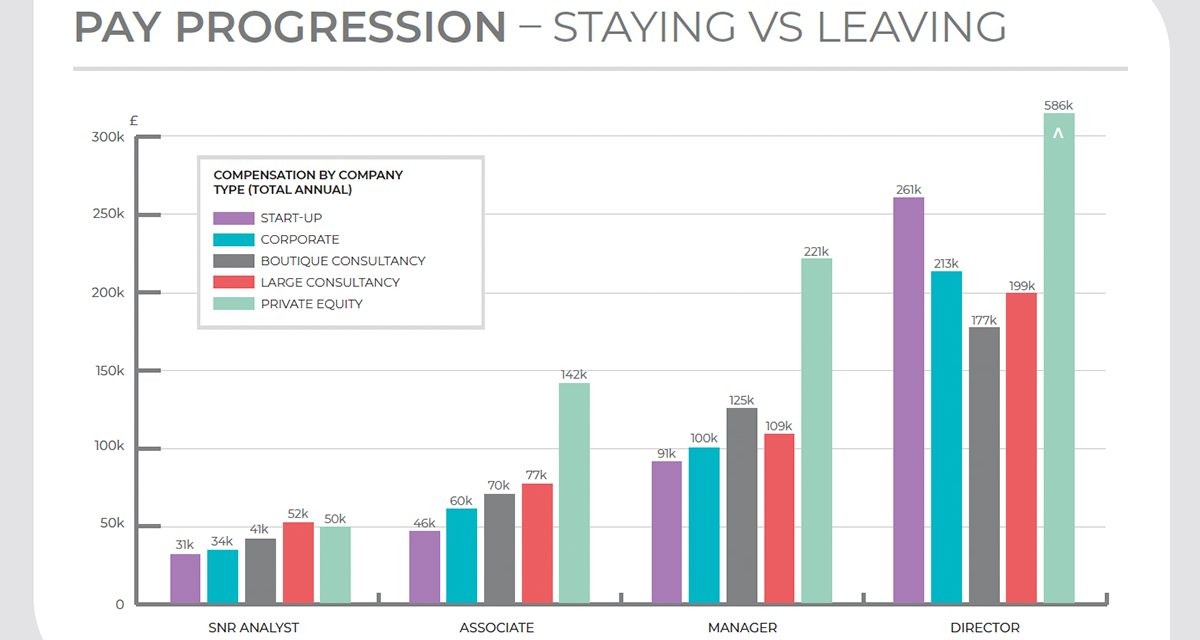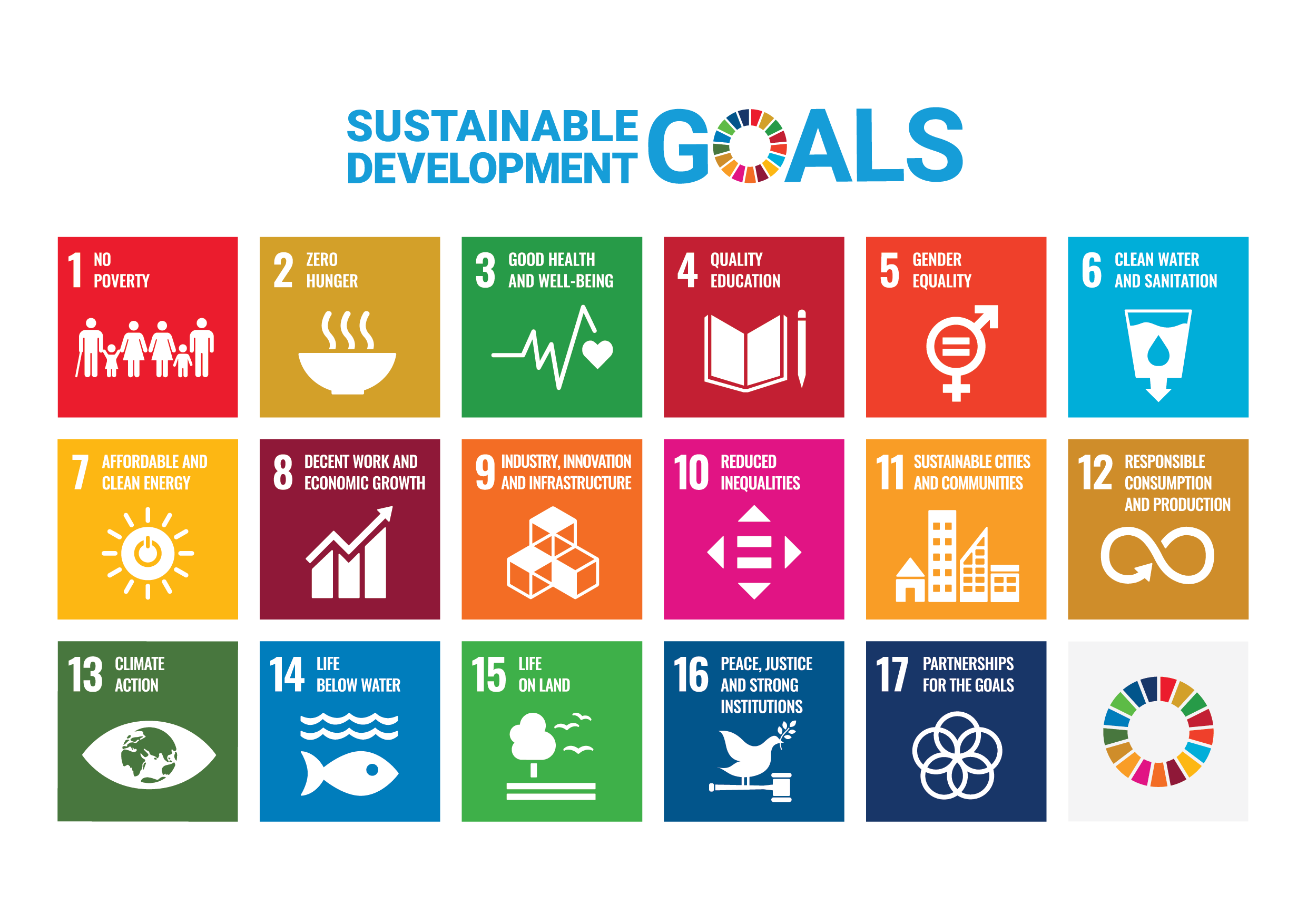
Graduate programme consulting firms offer many advantages. This article will explain the role, responsibilities, and salary of a graduate programme consultant. This article will provide details on how to enter this field and explain why it is an appealing career choice. This article provides information on the job description and salary scales of graduate program consultants. These are just a few of the many benefits that come with working in a graduate-programme consulting firm. Read on to find out more.
Benefits of consulting in graduate programmes
Working in graduate programme consulting is a great way to gain experience and learn from others. Graduate consultants can expect to do everything from preparing briefing materials for consulting teams to conducting interviews with clients. You can earn certifications which will help you stand out in your applications. Below are some of these benefits.

Networking opportunities - Graduate programmes often offer mentoring opportunities to help participants make connections within the organisation. Ben was paired with a senior member of staff during his time in the graduate programme, which gave him valuable experience in a specific area of the business. In the same way, recent graduates are paired with their graduate counterparts by other employers. This helps them in their professional development and career advancement. Rotating through an organization can also be a great benefit.
A graduate programme consultant is responsible for advising students.
Graduate consultants are responsible to analyse financial data, identify ways of reducing overheads and increasing profit margins, and also analyze financial data. They offer suggestions for ways to improve production and reduce costs. Graduate consultants assist in the implementation and evaluation of their strategies. They also conduct interviews to collect data and analyze the results. These tasks are crucial for a business, especially in a competitive market.
Graduate consultants have the ability to specialize in a broad range of fields such as IT, economics or business, and mathematics. It is not necessary to have a degree, but a 2:1 in any relevant field such as business, geography, geophysics and/or economics is helpful. It is also desirable to have work experience as a graduate trainee. They may also be eligible for jobs that are based upon certifications. This helps them stand out from their competition.
Salary of a graduate program consultant
Salary for a graduate programme consultant is dependent on the country. Germany, for example, pays 23% more than the UK, while the Middle East pays just over half as much. In the UK, however, salaries are lower than in other countries because UK graduates pay 45% more in tax than their counterparts in other countries. This could be offset by UK consultants having greater access to top talent, and being able to attract top performers for much less.

Many graduate employers offer a range of benefits to graduates, including free breakfast and dinner, subsidised exercise classes, and Friday drinks. Graduates may also be eligible to move into permanent positions such as management or consulting in technology. Some graduate recruitment agencies are even offering sabbaticals and flexible working arrangements. BCG offers flexible leave policies and allows consultants to work part of the week.
FAQ
What is the difference?
An advisor is someone who provides information about a subject. A consultant offers solutions to problems.
Consultants work directly with clients to help them reach their goals. Clients are referred to advisors through books, magazines and lectures.
What types of contracts exist for consultants?
When consultants are hired, they sign standard employment agreements. These agreements define the terms of the agreement, including how long the consultant is expected to work for the client as well as what he/she should be paid.
Contracts may also include details about the specific areas of expertise that the consultant is going to be focusing on as well as how they will be compensated. The agreement might state that the consultant will conduct training sessions, workshops or webinars.
Other times, the consultant simply agrees to complete specific tasks within a specified timeframe.
Many consultants also sign independent contractor agreement in addition and standard employment agreements. These agreements allow the consultant to work independently but still receive payment for his/her efforts.
What types of jobs are available as a consultant?
Being a consultant will require you to have a solid understanding of business strategy as well as operations. You must also understand how businesses operate and how they fit into society.
To be successful as a consultant, you must have strong communication skills and an ability to think critically.
Because consultants may be required to perform different tasks at different times, they must be flexible. They should be able change direction quickly, if required.
They should be willing to travel extensively on behalf of their clients. This type work can take them anywhere in the world.
They also need to be able to handle pressure and stress well. Consultants might sometimes have to meet tight deadlines.
As a consultant you might work long hours. You may not get overtime pay.
Statistics
- According to statistics from the ONS, the UK has around 300,000 consultants, of which around 63,000 professionals work as management consultants. (consultancy.uk)
- On average, your program increases the sales team's performance by 33%. (consultingsuccess.com)
- "From there, I told them my rates were going up 25%, this is the new hourly rate, and every single one of them said 'done, fine.' (nerdwallet.com)
- According to IBISWorld, revenues in the consulting industry will exceed $261 billion in 2020. (nerdwallet.com)
- My 10 years of experience and 6-step program have helped over 20 clients boost their sales by an average of 33% in 6 months. (consultingsuccess.com)
External Links
How To
How To Find The Best Consultant?
First, ask yourself what kind of consultant you are looking for. You should know exactly what your expectations are before you start searching for someone. Make a list of everything you think you might need from a consultant. This could include things like; professional expertise, technical skills, project management ability, communication skills, availability, etc. Once you've listed out these requirements, then you may want to consider asking some friends or colleagues who they would recommend. Ask them what their experience with consultants was like and how they compare to yours. You can also do some online research if you don't know of any. You can post reviews on your previous work experiences on many websites like LinkedIn, Facebook and Angie's List. Use the feedback and ratings of others as a starting point to search for potential candidates. Once you have a short list of candidates, contact them to arrange an interview. You should discuss your requirements with the candidates and ask them how they can help. It doesn’t matter if the person was recommended to you; it matters that they understand your business goals, and can show you how they can help.